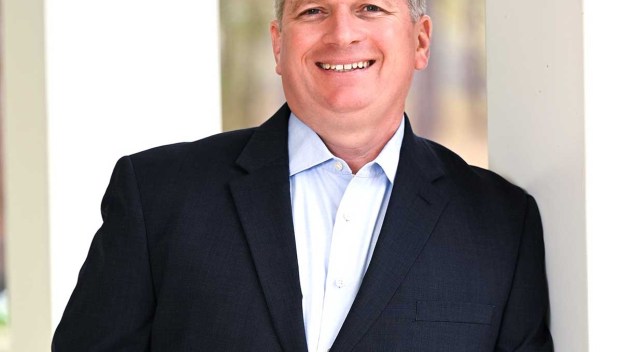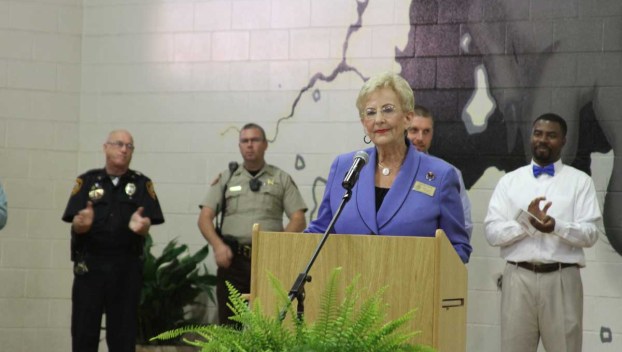
Local News
SRTC appoints new board member Brad Barber
THOMASVILLE — Southern Regional Technical College President Jim Glass recently announced the addition of Brad E. Barber of ... Read more

THOMASVILLE — Southern Regional Technical College President Jim Glass recently announced the addition of Brad E. Barber of ... Read more

VALDOSTA — University, college and technical school students have been strolling across their campuses for at least a month ... Read more

HAHIRA, Ga. — Mediacom Communications presented Adam Orr, a 2018 graduate of Lowndes High School, with a $1,000 ... Read more

Staff Reports MOULTRIE — Media-com Communications presented Mary Grace Watson, a 2018 graduate of Colquitt County High School, ... Read more

MOULTRIE, Ga. — Five Colquitt County eighth-graders were honored as the county’s first REACH Scholars Wednesday morning. First ... Read more